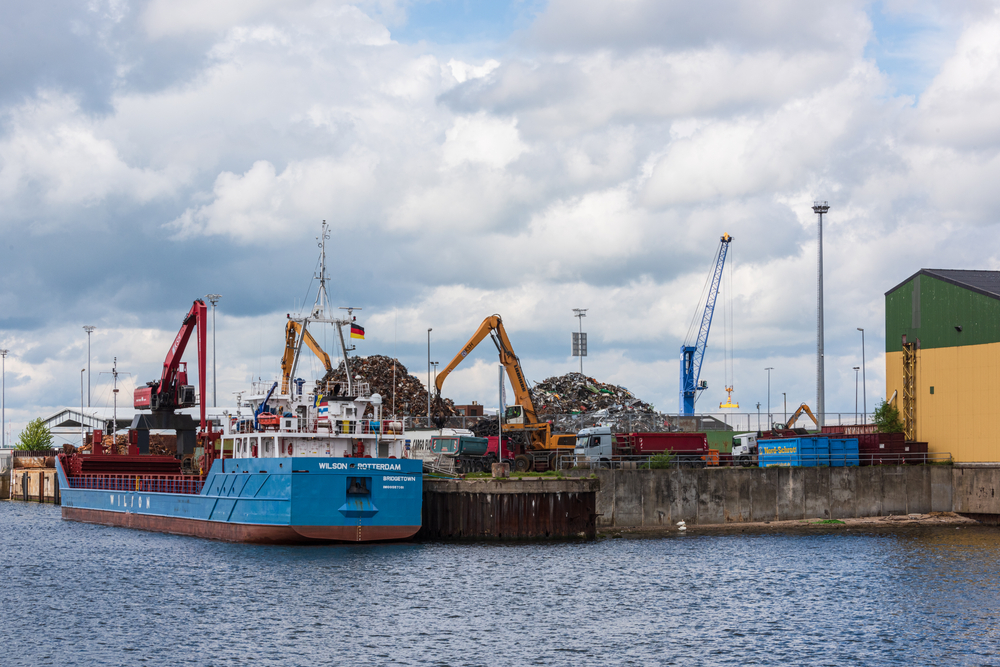Three great stories we found on the internet this week.
Rock on
Play is important for children’s development and well-being, but for families with neurodivergent kids, finding a safe and supportive place to play can be a challenge. We Rock the Spectrum is a growing collection of sensory gyms designed to meet the needs of children with sensory processing disorders.
These indoor playgrounds feature equipment that engages different senses and skills, from trampolines for balance to hammock swings for relaxing, along with specially trained staff.
“Having a place where your child can come and be themselves and, if they’re not perfect and they’re gonna scream and they’re gonna have a tantrum, no one’s gonna stare at them and no one’s gonna kick them out is really important,” said Dina Kimmel, who opened the first We Rock the Spectrum location in Los Angeles in 2010. Today, there are 140 in eight countries.
Good energy
We’ve been hearing about “peak oil” for decades, but it may finally be nearing: A new report from the International Energy Agency (IEA) predicts that global demand for fossil fuel will peak in 2030 and then begin to decline — even as the world’s population continues to grow.
Other encouraging 2030 numbers in the report: we could see up to 10 times as many electric vehicles compared to today, and renewables could supply 50 percent of electricity worldwide (compared to 30 percent today).
Crushed by negative news?
Sign up for the Reasons to be Cheerful newsletter.Of course, predictions are only predictions, but they point to a key takeaway: “The transition to clean energy is happening worldwide and it’s unstoppable,” said Fatih Birol, IEA executive director. “It’s not a question of ‘if,’ it’s just a matter of ‘how soon’ — and the sooner the better for all of us.”
Read more at the New York Times
Waste not
Kiel, a port city on the Baltic Sea, was the first city in Germany to be declared “zero-waste” by Zero Waste Europe. That designation doesn’t actually mean the Kiel has achieved zero waste, but rather that plans are in place — and many changes big and small are underway.

Among those changes are projects to install more public drinking fountains and ban single-use items from public institutions. The city is also trying out a “pay as you throw” system in which residents are only charged for the waste that ends up in their mixed waste bins. Local grants are available to parents who want to use cloth diapers instead of disposable ones, and people are being urged to switch from plastic bottles of soap to bars.
When it comes to recycling, Germany as a whole has a well-earned reputation for being on top of it. In 2021, Germans dumped only one percent of their municipal solid waste into landfills (16 percent is the EU average). But Germany also produces more waste than most EU countries, and recycling doesn’t solve that problem. “If people feel like they’re doing enough just by recycling, that’s insufficient and inadequate to really tackle the waste crisis,” said Jack McQuibban of Zero Waste Europe.







